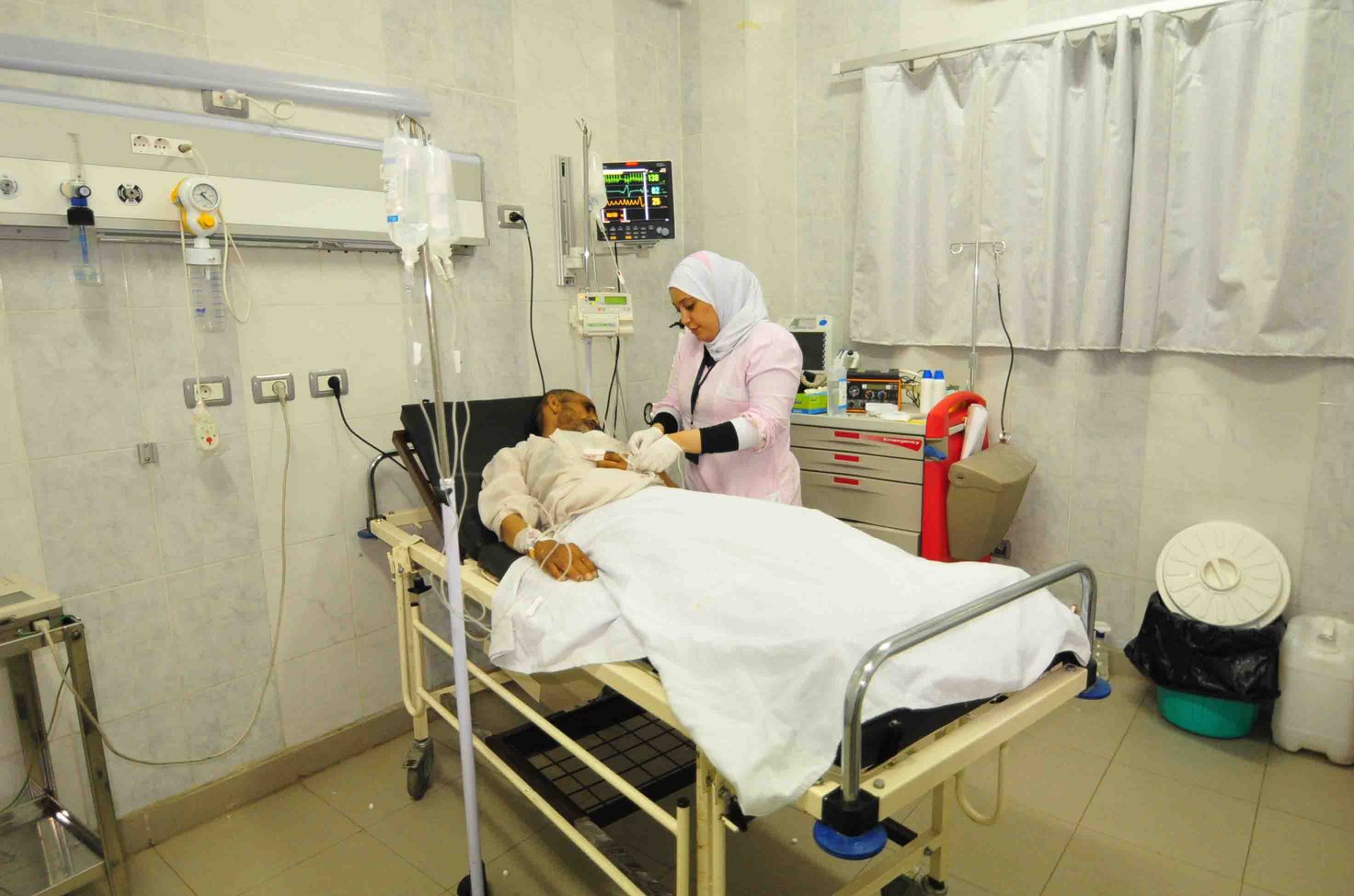Several economists have blasted Investment Minister Ashraf Salman’s statement on the government’s ability to attract direct foreign investment worth $15bn over the next four years.
Economists said these plans are hardly achievable and require a stable security situation as well as great efforts to speed up economic growth. They added that the government should reconsider the situation in accordance with market demands.
On Sunday, Salman announced the government is hoping to gain direct Egyptian investments worth EGP 600bn over the next four years. Of this amount, the private sector owns 70%, while foreign investments amount to roughly $15bn.
Prior to the 25 January Revolution, foreign investments amounted to $8bn, while they were at only $4.1bn during fiscal year (FY) 2013/2014, according to Central Bank of Egypt (CBE) data.
Former assistant to the executive director of the International Monetary Fund (IMF) Fakhry El-Fiky said the government’s plans are hardly executable and require major governmental efforts as a result of security instability in order to push economic growth rates to exceed population increases.
El-Fiky said that “the hardest challenge for [President Abdel Fattah] Al-Sisi and the government is to re-attract foreign investors, who are still hesitant to invest in the country. He said this was due to the unstable Egyptian currency, the increase in inflation, the routine procedures, and the electricity cuts”.
Thus, the government must promise local and international financial sectors that it will abolish the bureaucracy, speed up procedures, and issue licences.
According to Mohamed Farid, Chairman of Dcode Economic and Financial Consulting, economic reform measures taken by the government since Al-Sisi took power, are “very good,” so far, but must be implemented more quickly. These economic changes include decreasing fuel subsidies, increasing taxes, and launching infrastructure projects to bring in long-term revenues and reduce unemployment.
More important, according to Farid, “is explaining these reforms and the government’s efforts to the world in order to attract the capital which all local and international capital markets compete for”.
He added: “The competition to attract investments and resettle migratory capital has become especially fierce in light of the incentives offered by nations at the expense of others, and the Egyptian market remains in the midst of a recovery period on the security, political, and economic levels. The government must take quick steps to prove its seriousness, which will help attract funds.”
Farid believes that bringing in $15bn in foreign direct investment in the current legislative environment is “very difficult”. He added that achieving this requires removing the current system which cripples investment, whether it be through the speed of entering or exiting the market, protection from litigation, or enforcing contracts.
But El-Fiky said that the current administrative success for the Suez Canal expansion project will help to bring in revenues and foreign reserves, worth $5bn annually according to statements by the ministers who comprise the economic group.
Salman said the government is serious about business environment reforms and the economy, adding, “reform is a matter of life or death”. He claimed that a law allowing for industrial land to be allocated by direct order from the president will be passed in two weeks time, adding that he is fighting to improve quality of life for Egyptians and reduce unemployment rates to confront the economic slowdown, which will eventually lead to development.
Hisham Tawfik, Board Member of the Stock Exchange, said: “Government review of the legislative environment by consolidating an authority to issue licences under GAFI, establishing equal treatment between Egyptian, foreign, and Arab investors, and protecting the Egyptian product law as well as the law on mining and quarrying, are all good plans that we are waiting to be implemented.
However, he explained, the economic figures announced by the government are too optimistic and both more effort and faster movement are required.


